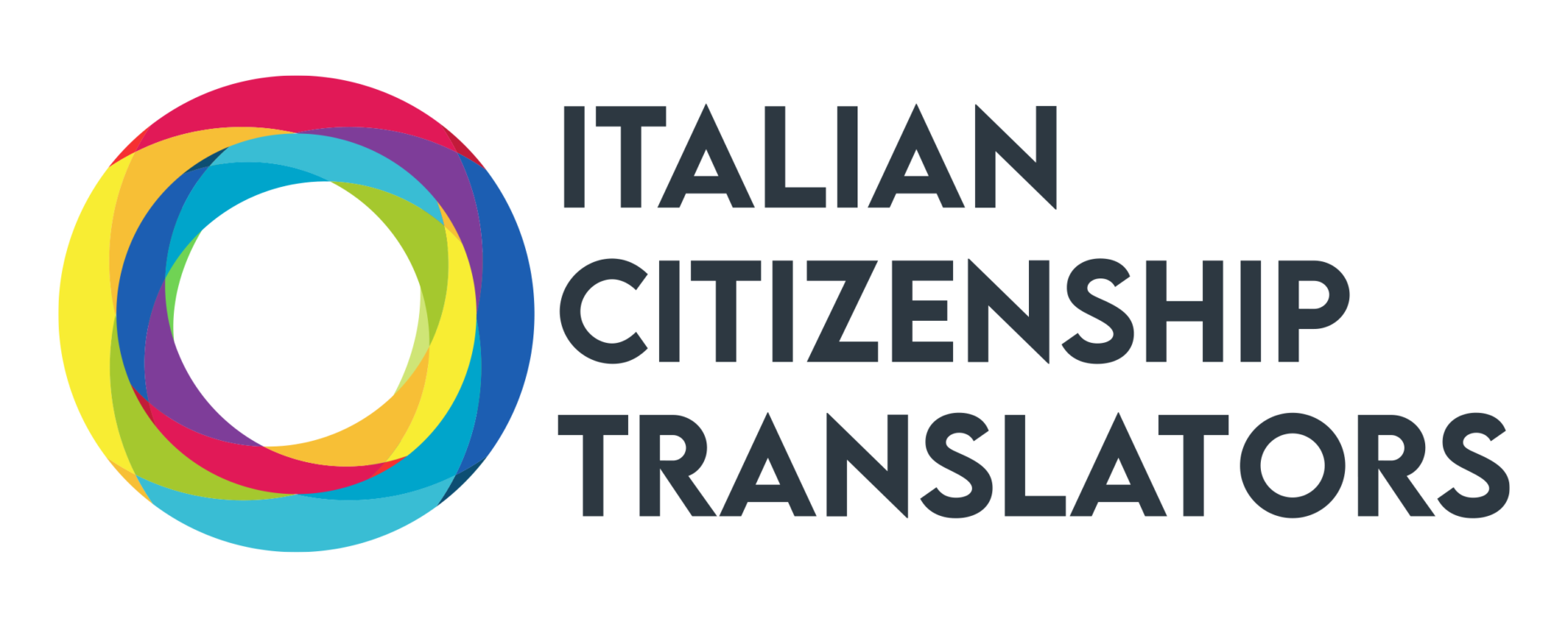
How to translate vital records for a citizenship application at an Italian court
Our previous article focused on translating the vital records for a citizenship application at an Italian consulate and municipality in Italy. On the other hand, this article will focus on translating the vital records for a citizenship application at an Italian court. It is worth pointing out that as of June 22, 2022, all court cases must be filed at the court that covers the applicant’s ancestor’s municipality of birth. More specifically, if you have a 1948 case involving a female ancestor in your Italian lineage, the translations of all your vital records will need to be certified prior to being submitted to the relevant court.
So, how do you certify the translations? This article will provide you with an overview of the most important aspects you need to consider if you are preparing an application to be submitted to a court in Italy.
Applying for citizenship at an Italian court
It is worth clarifying that you can apply for Italian citizenship by descent via a court case if you have a female ancestor who was born in Italy and who gave birth to her child prior to June 1, 1948. This is due to the fact that before that date women could not pass their citizenship to their children. When the Italian constitution came into effect on June 1, 1948, women were granted the same civil rights as men and thus they were able to pass their citizenship. The laws that regulated the transmission of citizenship at that time are now considered to be unjust and discriminatory towards women and this is why it is possible to apply for the retroactive recognition of Italian citizenship via the court system.
In order to file a 1948 case you will need to retrieve certified copies of your family’s vital records (i.e., birth, marriage, divorce and death certificates) and the naturalization records or proof of non-naturalization pertaining to the ancestor who was born in Italy. All the records need to be authenticated with an Apostille and they also need to be translated into Italian. As previously mentioned, unlike applying via an Italian consulate in the U.S., if you apply via a local court in Italy, the translations will need to be certified prior to being submitted to the court.
It is very important that your vital records are in the correct format prior to being translated, therefore you should always check that have long form/book copies of your family’s vital records. It is also very important that you check that all of the information on your vital records is consistent and coherent in order for the judge who will be examining your case to verify your Italian lineage.
How do you certify the translations?
The easiest way to certify the translations is for a professional translator to appear before a court clerk or an Italian Notary and swear that the translations reflect the original content. It is worth bearing in mind that some courts only accept sworn translations to be provided by a professional translator who is registered in a list which is held by the court.
The cost to certify the translations varies depending on the number of vital records that need to be translated. On average, if your citizenship application comprises ten to fifteen vital records, for instance, the cost to certify the vital records will be around €200. In addition to this, please bear in mind that you will also need to pay the cost to file a lawsuit, which is €286.
Why should you rely on the help of a professional translator?
The role of a professional translator is crucial in a citizenship application because the translations of the records must comply with the requirements of the court which is responsible for processing your application. Therefore, although it might be tempting to translate your records by yourself, we discourage DIY translations as the vital records need to be translated accurately in order to be sworn in court and thus have legal value.
Final remarks
In conclusion, this article has sought to explain how to translate vital records if you are filing your application at an Italian court. If you have any questions or you would like help, do not hesitate to contact us at info@italiancitizenshiptranslators.com.
citizenship application, court, italian citizenship, translators
